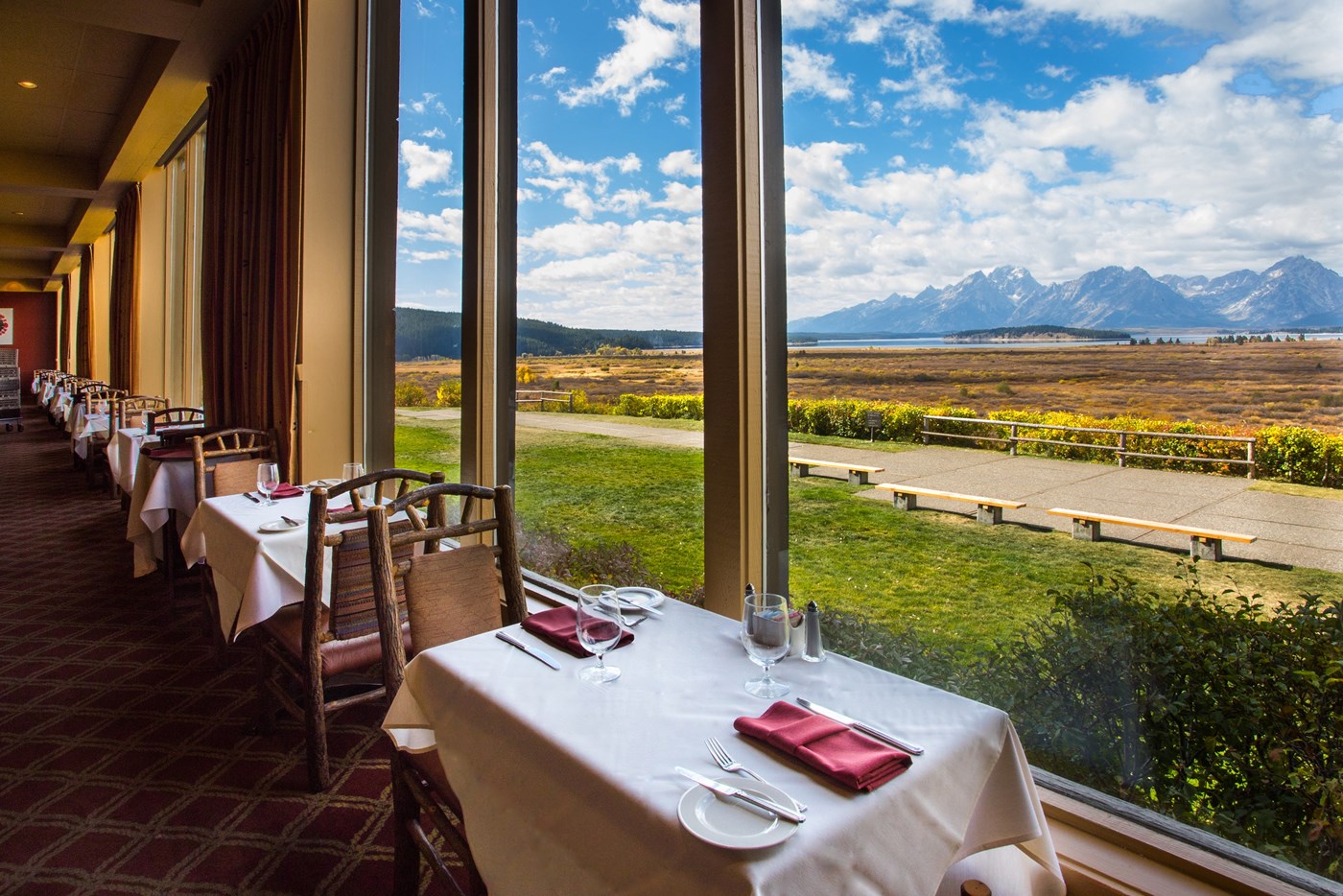I once read a paper that argued the extinction of wilderness. That there is no place left on Earth that is without some evidence of human impact. The deepest parts of the ocean and the tallest mountains are littered with trash. The most remote forests and landscapes show the influence of climate change. Wilderness in that sense, may be gone.
But I believe wilderness to be defined as an area that has escaped humanity’s efforts to tame our surroundings. A landscape that remains wild. When you cross a boundary where you know you are no longer walking in a world that is catered to you, but catered to life, death, balance and freedom. It is the thrill of adventure that leaves something to intrigue the imagination. In the words of Edward Abbey, “We need wilderness whether or not we ever set foot in it. We need a refuge even though we may never need to go there… We need the possibility of escape as surely as we need hope”.
I have spent much of my life chasing that adventure, dreaming of that escape. It is part of the reason I chose to work in Idaho for the field season – to be close to mountains, to explore a wilder landscape. I made it my mission while I was here to explore the many surrounding national parks. My goal was to visit them all, but now my goal is to avoid them.
Over fourth of July weekend I visited Grand Teton National Park. It is a gorgeous, picturesque monument to mountains and herds of wild bison. But I made the mistake of going to national parks looking wilderness, something I now know you will not find in the populous National Parks System (NPS).
Grand Teton National Park is not wilderness, nor for that matter are Yellowstone, Grand Canyon or Zion National Parks. In my view, a national park should not house strip malls with convenience stores, restaurants, and a gas station every 30 miles. You should be able to camp in a national park somewhere that is not a paved RV/trailer park.
The argument for this development is that national parks are made to be accessible. Some people do not want to camp or hike. I agree wholeheartedly that nature and uniquely beautiful landscapes should be as accessible as possible for those who truly wish to enjoy them. How else would we, as a society, know something is worth protecting if we can’t experience it?
So pave your roads, build your developed campgrounds and the odd gas station for large parks, but leave something left to be explored. If you are staying in a national park – camping, trailering, hiking or otherwise – come prepared with food, water and the necessities. If you need a restaurant and a convenience store, then you should be staying in the nearest town. Don’t come to a national park looking for all the comforts of home. This is the time and place where you leave your comfort zone.
The flip side to making national parks so accessible, is that the novelty of being there is lost. People arrive in droves who do not respect the park’s ecosystem as its own entity because it is advertised as an extension of human domain. People do not respect them enough to be cautious, to be prepared, to explore with gratitude for its existence and thought towards its protection. Instead we have people who graffiti natural monuments, commit petty theft, and complain that there are too many trees (yes, someone did leave this review).
National parks should inspire awe for nature’s power and beauty. They should not be another testament to our ability to control and influence nature. They should not be somewhere people believe that taking a picture with your toddler 15ft away from a 1 ton bison is a good idea. Those are not domesticated bison and there is no such thing as a domesticated grizzly bear. National parks should be a reminder that nature belongs to itself and not us.
If we are willing to spend so much of our tax dollars and our time and energy to protect and visit these testaments to nature’s beauty then why are we turning it into a small town? I believe there is little value in national parks if you are not willing to get out of your car and experience something other than man-made comforts. Those that are brave enough to take that step – and I understand how intimidating that can be – experience an intimacy, awe and humility that changes lives.
The NPS mission statement is to “preserve unimpaired the natural and cultural resources and values of the National Park System for the enjoyment, education, and inspiration of this and future generations.” I would vehemently argue that what now exists in our country’s most populated parks is not unimpaired natural resources.
Jon Muir was the father of the NPS. He was the man that advocated his entire life for the protection of our natural landscapes and helped create first national park – Yellowstone. A man who once rode out a powerful thunderstorm in the top of a 100 -foot tree just to experience what a tree experiences in a storm. A man so dedicated to the understanding and love of untamed wilderness. How do you think he would respond to the development of the land he fought his entire life to protect? How far have we come from that initial mandate and how much wonder has the world lost in our pursuit to tailor it to ourselves?
